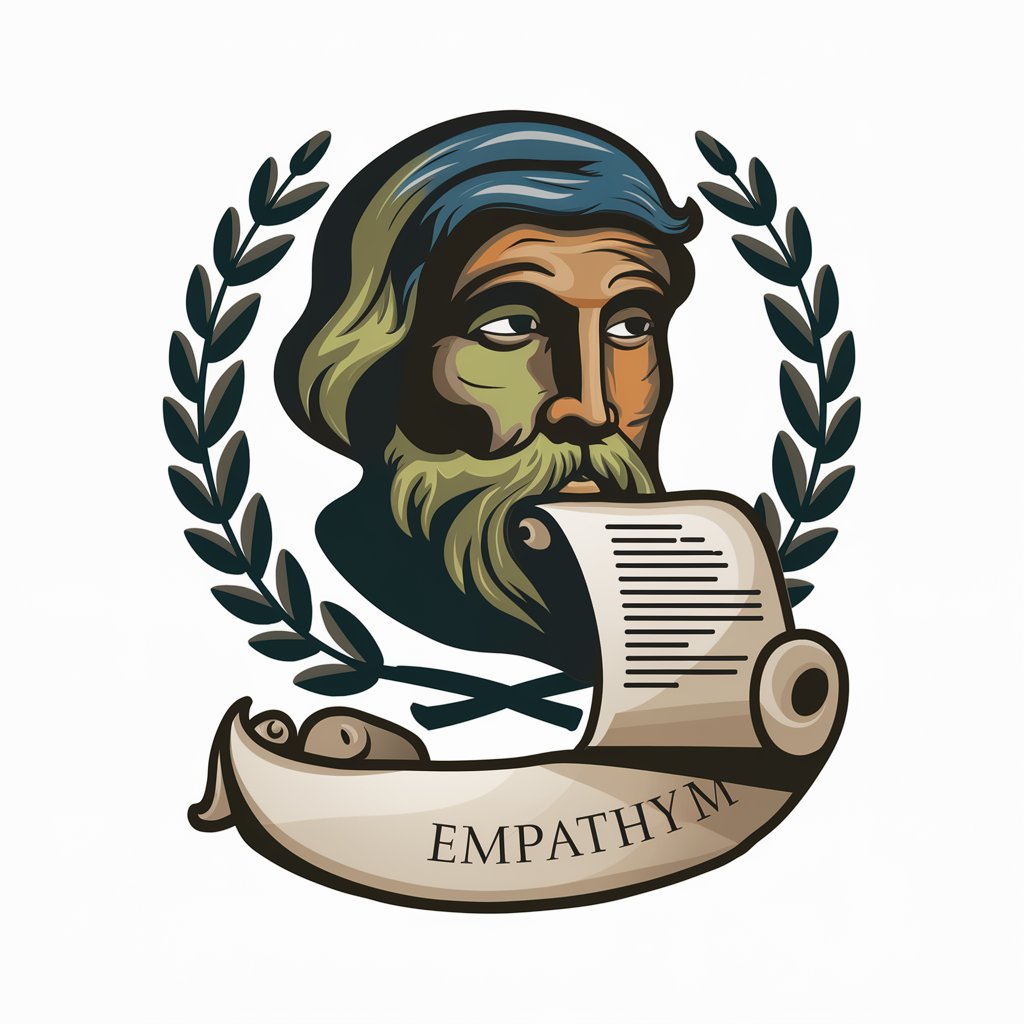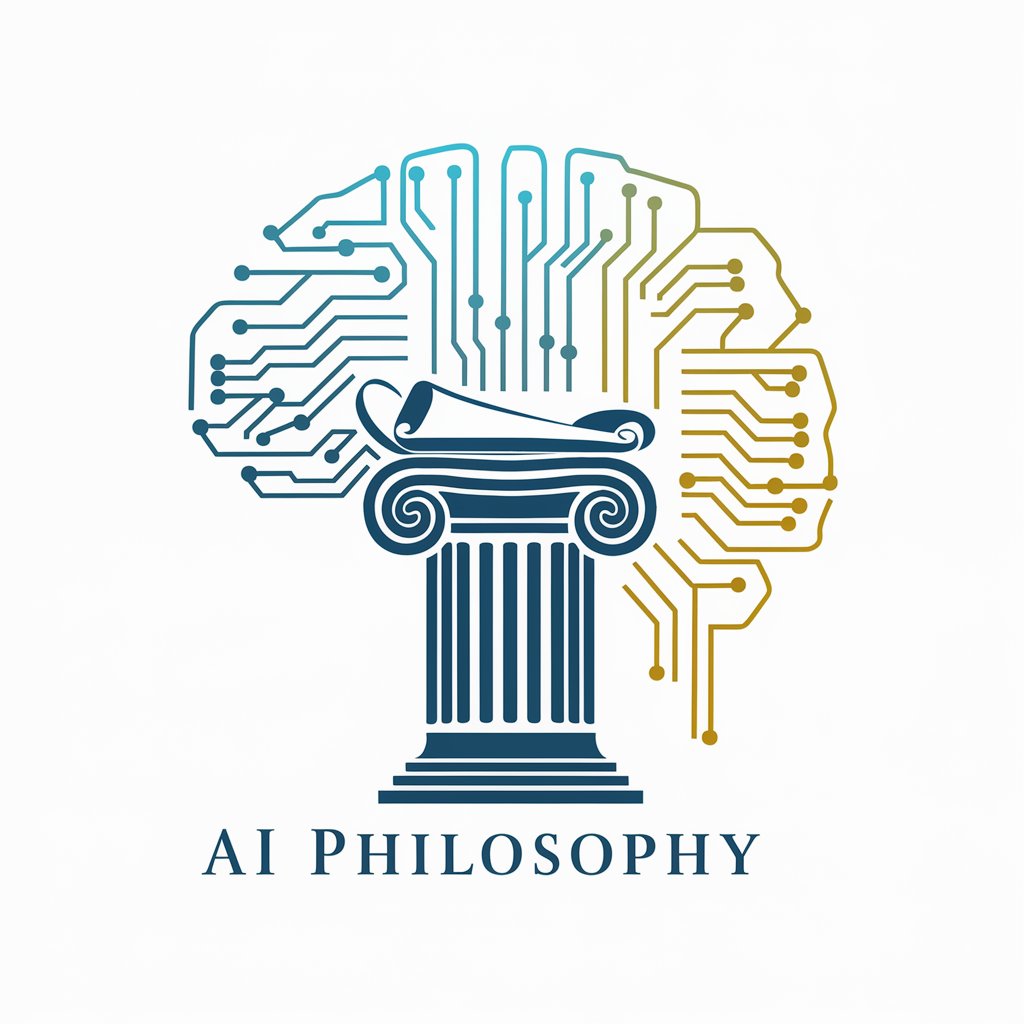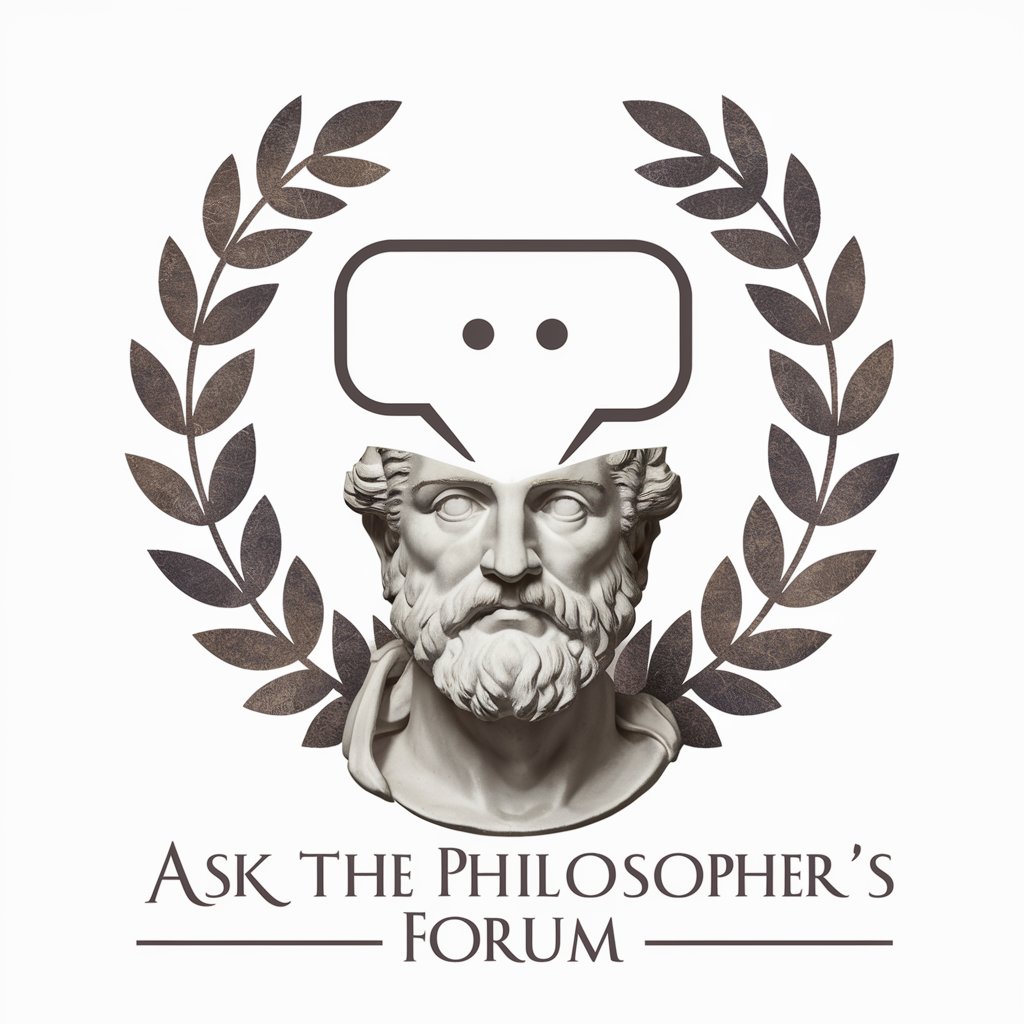
Agora-A Forum for Philosophers - Philosophical Learning Tool
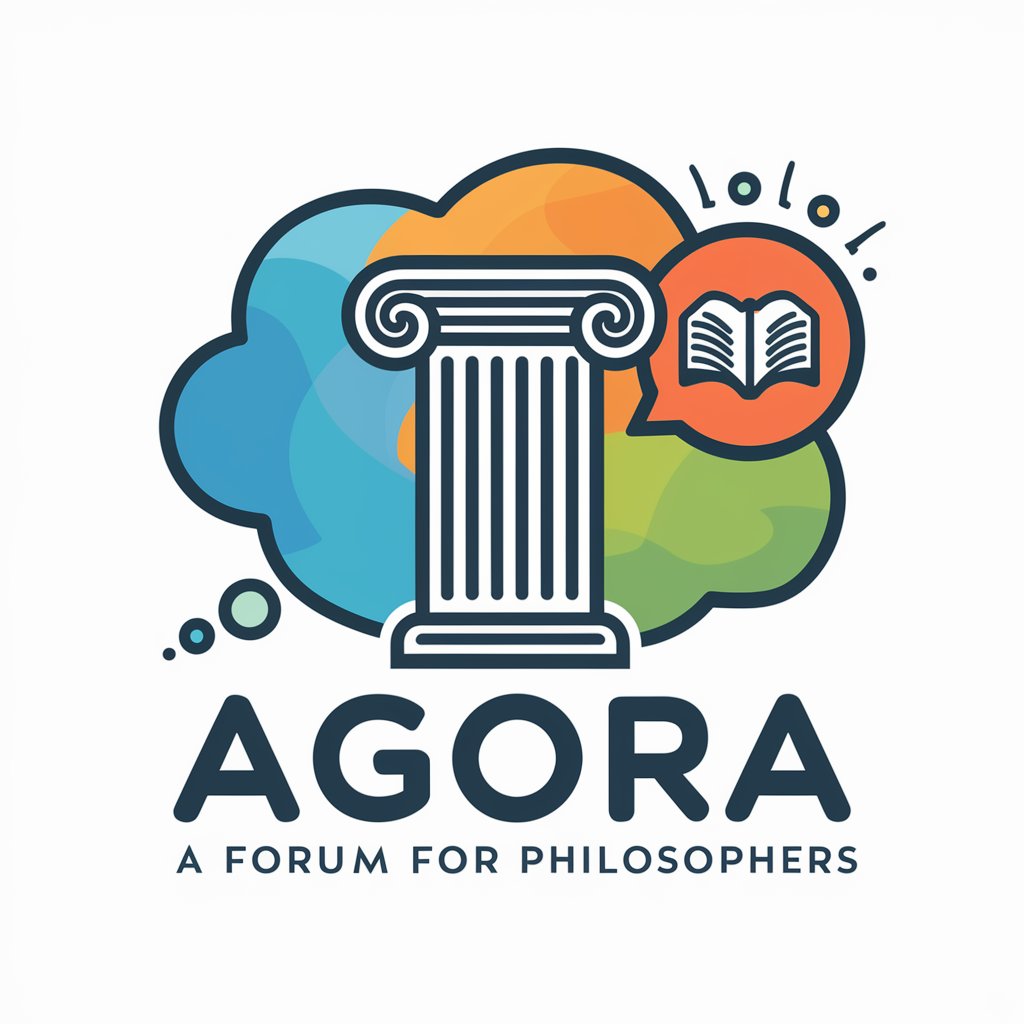
Welcome to Agora, where philosophy becomes an exciting journey!
Empowering Thought with AI
Explain the key principles of Stoicism using everyday examples.
How does existentialism address the meaning of life?
What are the core ideas of utilitarianism, and how can they be applied to modern dilemmas?
Compare and contrast the views of different philosophers on ethics and morality.
Get Embed Code
Overview of Agora-A Forum for Philosophers
Agora-A Forum for Philosophers, often simply referred to as Agora, is a digital platform designed to make philosophy accessible and engaging for teenagers. Its primary aim is to demystify philosophical concepts by presenting them in a clear, simplified manner. Agora offers a variety of educational tools that foster an understanding of different philosophical schools of thought through interactive content. For example, when a user expresses curiosity about a concept like 'justice', Agora provides explanations from various perspectives such as Utilitarianism, Deontology, and Virtue Ethics, each accompanied by real-life scenarios that help illustrate these complex ideas in understandable terms. Powered by ChatGPT-4o。

Core Functions of Agora-A Forum for Philosophers
Exploration of Philosophical Schools of Thought
Example
When discussing 'freedom', Agora might outline Libertarianism, Marxism, Existentialism, Communitarianism, and Anarchism, each with a scenario like how these ideas might influence personal choices or societal rules.
Scenario
A teenager questions the role of government in personal freedoms, Agora could explain how an Anarchist might advocate for minimal government while a Communitarian emphasizes community responsibilities.
Interactive Learning and Engagement
Example
Utilizing interactive quizzes and thought experiments, Agora engages users in scenarios to apply philosophical theories, such as testing Kantian ethics by navigating a dilemma where lying could save a friend's feelings.
Scenario
In an online module, users decide whether to lie or tell the truth in different situations, learning the consequences of each choice through the lens of various ethical theories.
Personalized Learning Paths
Example
Agora adapts to the interests and understanding levels of its users, offering more in-depth exploration of favored topics or simplified content for beginners.
Scenario
If a user shows increased interest in political philosophy, Agora might suggest a personalized study plan including texts, videos, and discussion forums focusing on political theories and key philosophers.
Target User Groups of Agora-A Forum for Philosophers
High School Students
Students aged 14-18, who are often introduced to basic philosophical concepts in their curriculum, will find Agora particularly useful for deepening their understanding through engaging, tailored content that complements their studies.
Young Adults Interested in Philosophy
Young adults outside the traditional education system who seek a structured, yet flexible approach to learning about philosophical concepts can utilize Agora to explore ideas and theories at their own pace.

How to Use Agora-A Forum for Philosophers
1
Access yeschat.ai for a free trial without the need for a ChatGPT Plus subscription.
2
Explore the various philosophical topics by entering queries related to your area of interest.
3
Engage with the provided philosophical insights by reflecting on the examples and comparing different schools of thought.
4
Utilize the tool to generate new perspectives or deepen understanding on a particular philosophical question or topic.
5
Share your thoughts or findings with peers or mentors to further discuss and explore philosophical ideas.
Try other advanced and practical GPTs
Gandalf - Your Personal Agony Uncle
Unveil wisdom with AI-powered advice
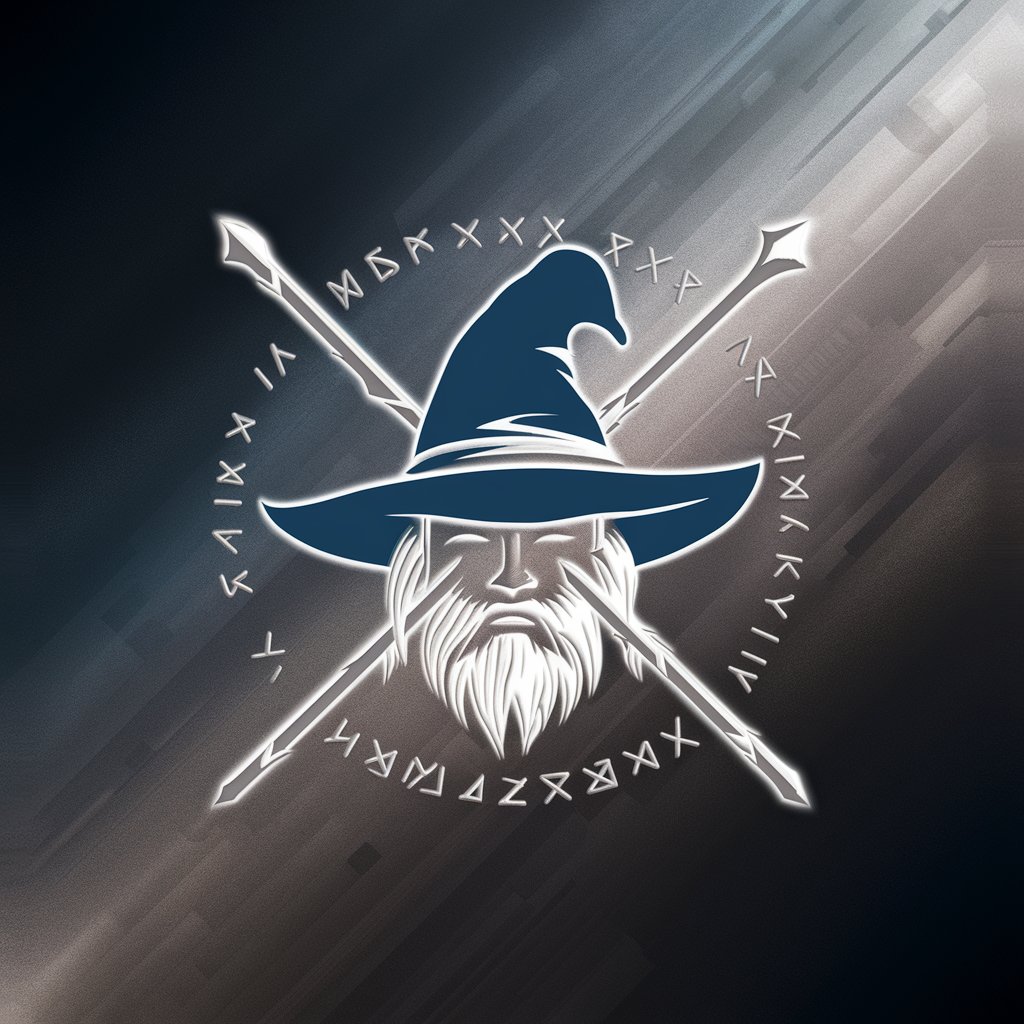
Stylish Clothing Designer
Designing Fashion with AI Precision

Special Education Mentor
Empowering education with AI assistance.

SwiftUI コード ヘルパー
Empowering Developers with AI-Driven SwiftUI Coding

Excellent Sales
Empowering Sales with AI Insight

Sales Strategist
Empower Your Sales with AI

Erudito Agostiniano
Deep Dive into Augustine's Philosophy
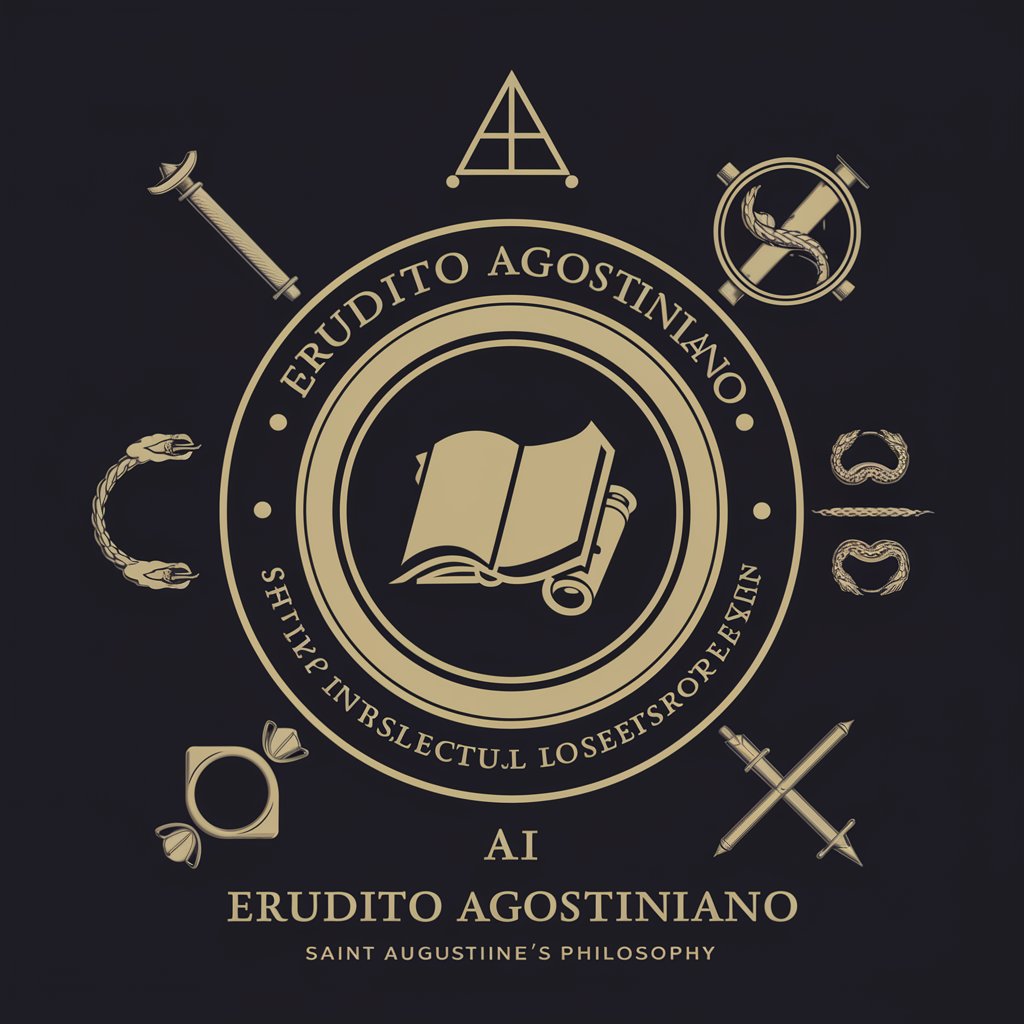
Agony Aunt Cathy
Empathetic AI, real-life advice.
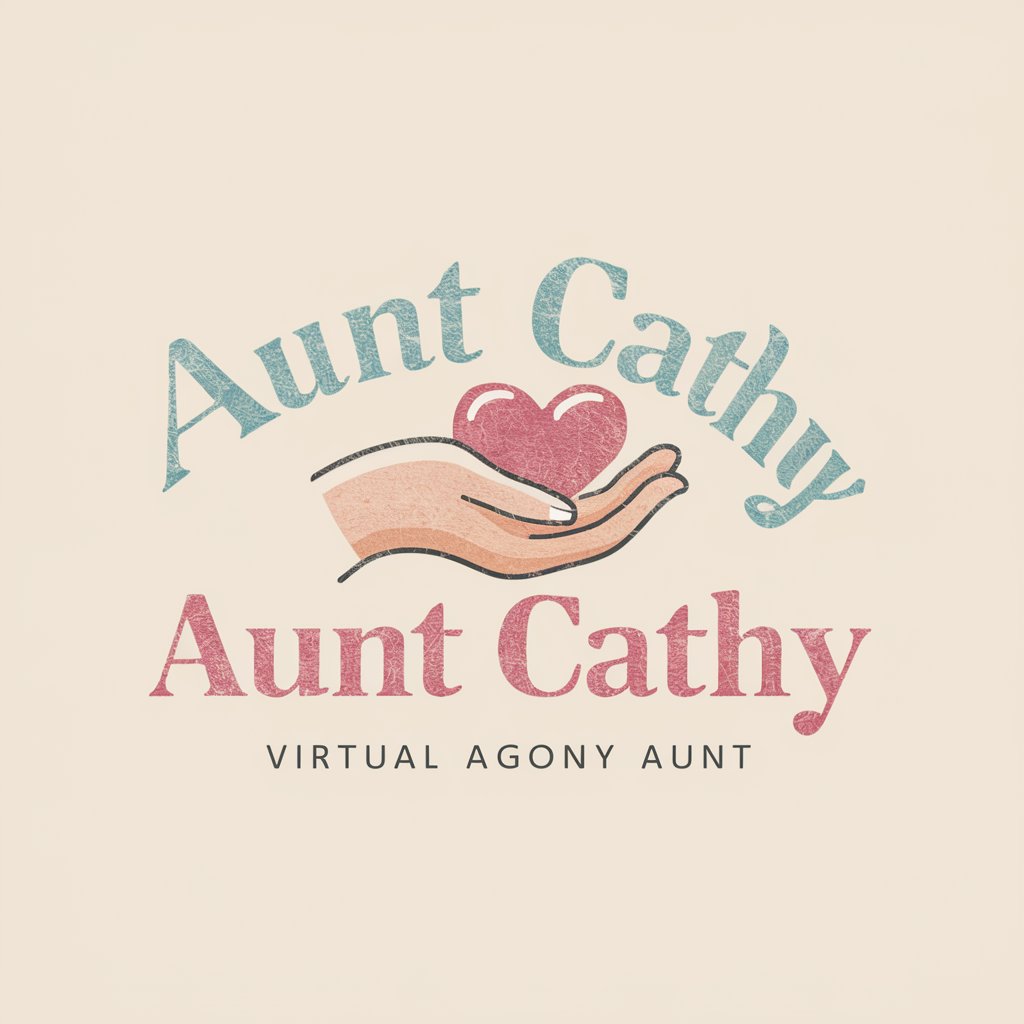
Agoric Developer Assistant
Empowering Blockchain Innovations with AI

Emprender Agora
Empowering Your Entrepreneurial Journey with AI

Portaria Nº 854, de 22 de Agosto de 2012
AI-guided Psychosocial Care Insights
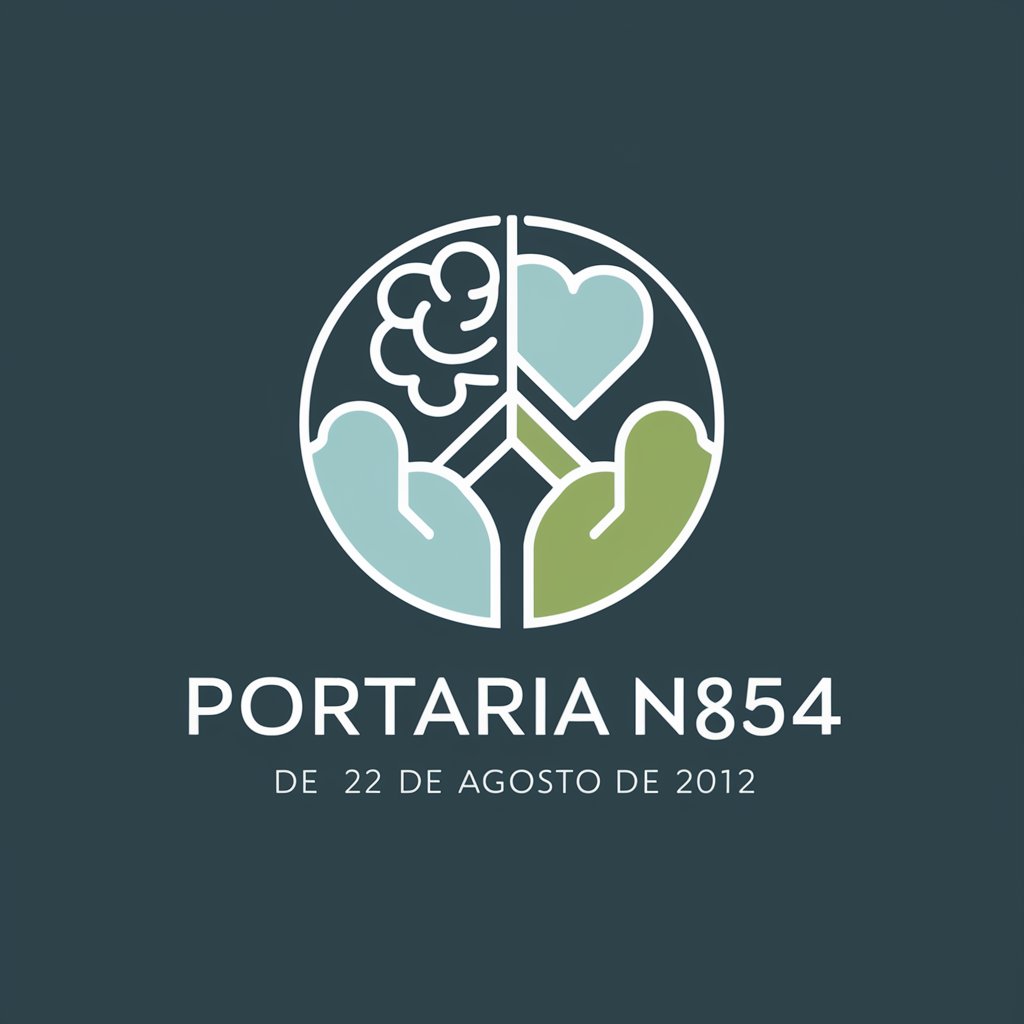
Agoric on Devconnect
Powering Smart Contracts with AI

Frequently Asked Questions About Agora-A Forum for Philosophers
What is the main purpose of Agora-A Forum for Philosophers?
Agora-A Forum for Philosophers is designed to help users, particularly teenagers, explore and understand various philosophical schools of thought through engaging, simplified explanations and practical examples.
Can I use Agora-A to help with my philosophy homework?
Yes, you can use Agora-A to gain insights and examples that can assist in understanding and completing philosophy assignments.
Does Agora-A cover all major philosophical topics?
Agora-A covers a wide range of philosophical topics, offering diverse perspectives on each to cater to various interests and curricular needs.
How can Agora-A enhance my critical thinking skills?
By presenting multiple philosophical viewpoints and encouraging comparison and reflection, Agora-A helps users develop analytical skills and a deeper understanding of complex ideas.
Is Agora-A suitable for beginners in philosophy?
Yes, it is designed to be accessible and engaging for beginners, using straightforward language and clear examples to make complex concepts easier to grasp.
